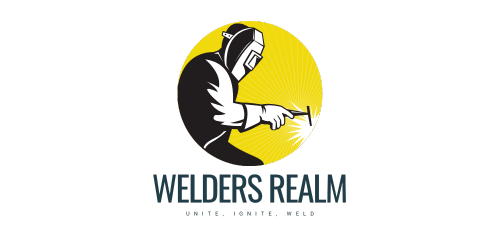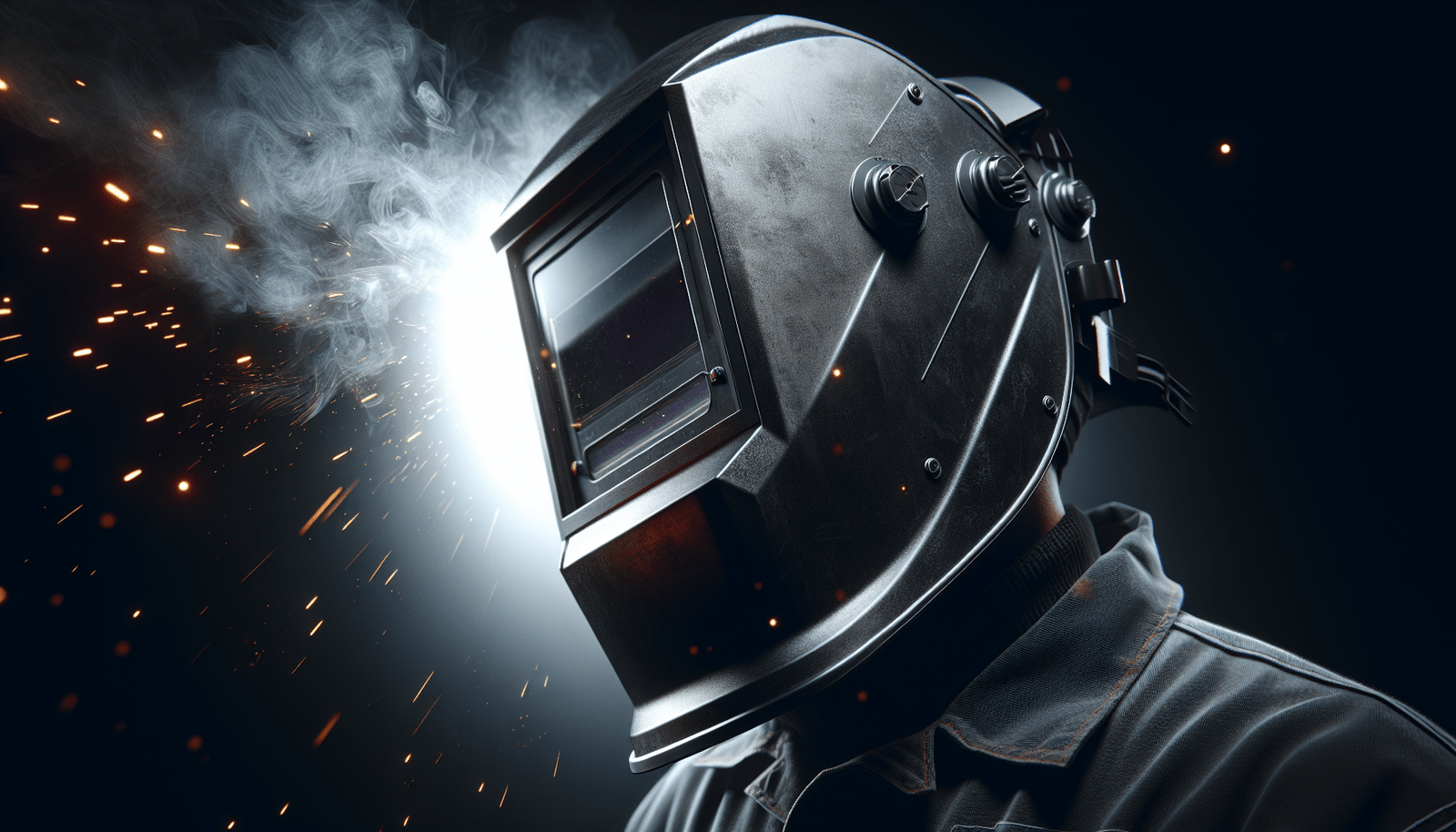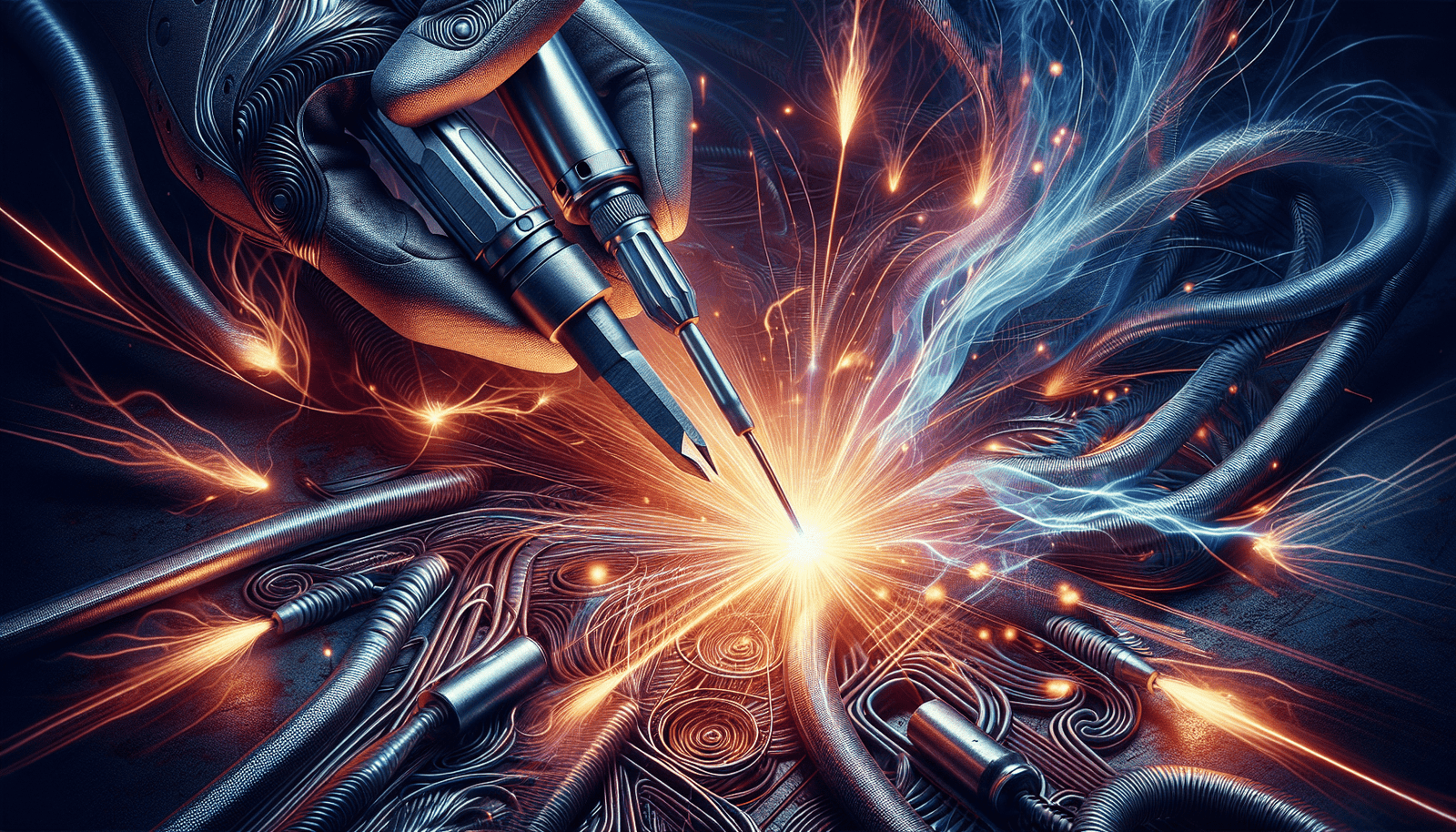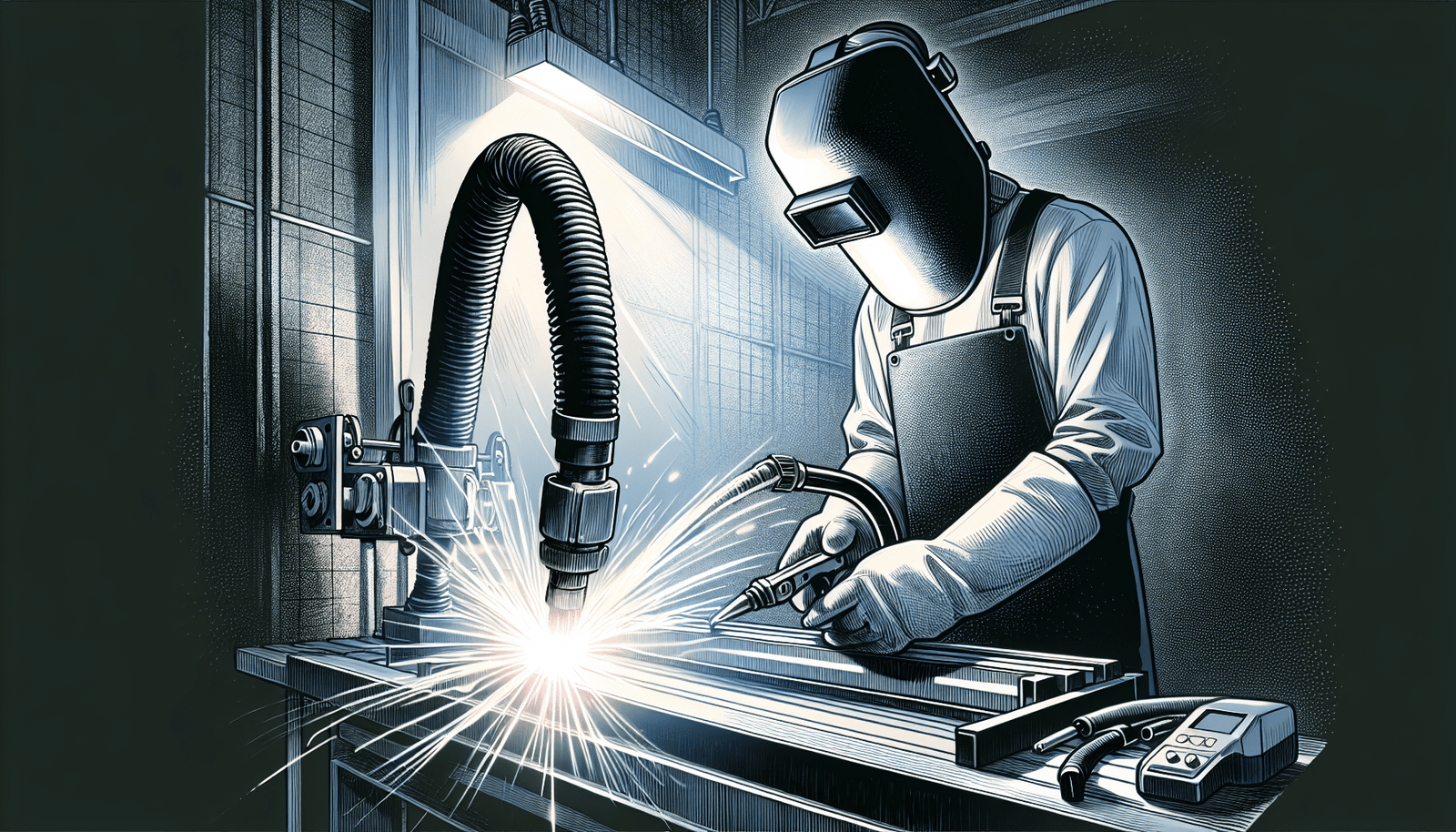When considering the purchase of a welding machine, it is essential to look for key features that will ensure optimal performance and efficiency. Whether you are a professional welder or a hobbyist, finding the right machine can make a significant difference in the quality of your work. From power and versatility to safety features and ease of use, this article will guide you through the essential factors to consider when selecting a welding machine that meets your specific needs. So, buckle up and get ready to make an informed decision that will enhance your welding experience!
Understanding Types of Welding Machines
When it comes to choosing a welding machine, there are several types available in the market, each with its unique features and capabilities. The most common types of welding machines include TIG (Tungsten Inert Gas), MIG (Metal Inert Gas), Stick, and Flux-Core welders. Understanding the differences between these types will help you make an informed decision based on your specific welding needs.
Differentiate between TIG, MIG, Stick, and Flux-Core Welders
TIG welding machines, also known as GTAW (Gas Tungsten Arc Welding) machines, are versatile and commonly used for welding thin gauge materials like stainless steel and aluminum. TIG welders use a non-consumable tungsten electrode to create the arc and a separate filler material if needed.
MIG welding machines, also known as GMAW (Gas Metal Arc Welding) machines, are ideal for welding thicker materials. They use a continuously fed wire electrode that melts and joins the metals together. MIG welders are known for their speed and ease of use, making them suitable for both beginners and professionals.
Stick welding machines, also known as SMAW (Shielded Metal Arc Welding) machines, are the most basic and traditional type of welding machines. They use a consumable electrode coated in flux, which creates a shield to protect the weld pool from contamination. Stick welders are versatile and can be used for different types of metals and applications.
Flux-Core welding machines are similar to MIG welders but use a flux-core wire instead of a solid wire electrode. The flux in the wire generates a shielding gas, eliminating the need for an external gas supply. Flux-Core welders are popular for outdoor and windy conditions, as they provide better protection against contaminants.
Identify the Type Suitable for Your Work
To determine the most suitable type of welding machine for your work, consider factors such as the materials you will be welding, the thickness of the materials, and the level of skill and experience you have in welding. TIG welders are often preferred for precision welding and applications that require high-quality welds. MIG welders are suitable for a wide range of applications and are relatively easier to learn. Stick and Flux-Core welders are versatile options that can handle various types of metals and are well-suited for outdoor or remote welding.
Power Supply
Understanding the power supply requirements of a welding machine is crucial to ensure optimal performance and safety. Two main types of power supply used in welding machines are AC (Alternating Current) and DC (Direct Current).
Understand the Difference between AC and DC Machines
AC welding machines are commonly used for welding thicker materials and are suitable for applications requiring higher heat input. They provide a balanced welding output and are often preferred for welding steel and iron.
DC welding machines, on the other hand, are versatile and can be used for welding a wide range of materials, including stainless steel, aluminum, and copper. They offer better control over the welding process and produce more stable arcs, making them ideal for precision welding.
Determine Necessary Input Voltage
Before purchasing a welding machine, it is essential to determine the input voltage required. Most welding machines operate on either 110V or 220V, with some dual-voltage machines offering the flexibility to switch between the two. Consider the power availability in your workplace and choose a machine that matches the available input voltage to avoid any compatibility issues.
Identify the Machine Requirement: Single-Phase and Three-Phase Power Supply
Apart from the input voltage, it is also crucial to consider whether your welding projects require a single-phase or three-phase power supply. Single-phase welding machines are suitable for light-duty and small-scale applications, while three-phase welding machines offer higher power output and are suitable for heavy-duty welding projects.
Welder Amperage
Understanding the significance of welder amperage and its impact on the welding ability is crucial for choosing the right machine for your needs.
Understanding the Significance of Welder Amperage
Welder amperage refers to the amount of electrical current a welding machine can deliver. The amperage directly affects the heat generated during the welding process. Higher amperage machines are capable of welding thicker materials, while lower amperage machines are suitable for thinner materials.
Determine the Required Amperage
To determine the required amperage for your welding projects, consider the type and thickness of the metals you will be welding. Thicker metals generally require higher amperage, while thinner metals can be welded with lower amperage machines. It is crucial to strike a balance and choose a welding machine with a suitable amperage range that can handle a variety of welding tasks.
Duty Cycle
Understanding the meaning of welder duty cycle and its implications is essential to ensure the productivity and efficiency of your welding projects.
Understand the Meaning of Welder Duty Cycle
Duty cycle refers to the percentage of time a welding machine can operate continuously within a ten-minute period without overheating. For example, a welding machine with a duty cycle of 60% can weld continuously for six minutes before requiring a four-minute cooling period.
Identify Appropriate Machines According to Their Duty Cycles
Consider the duration of your welding tasks and the anticipated workload when choosing a welding machine based on its duty cycle. Machines with higher duty cycles are capable of handling prolonged welding sessions, making them ideal for professional and heavy-duty welding projects. For occasional welding or hobbyist use, a machine with a lower duty cycle may be sufficient.
Portability and Weight
The portability and weight of a welding machine play a significant role when considering its suitability for specific work environments and transportation needs.
Evaluate the Importance of Compact and Lightweight Machines
If you frequently work in different locations or need to transport your welding machine, compactness and lightweight become important factors. Portable machines are easier to carry, maneuver, and transport, allowing you to take your welding projects wherever they may be. Additionally, compact machines are ideal for working in tight spaces or areas with limited accessibility.
Consider the Work Environment and Transport Preference
Assess the specific work environment you will be operating in and consider whether a portable welding machine is necessary. If your work mostly involves welding in a fixed workshop, a larger and heavier machine may provide additional stability and power. However, if you need to move your machine frequently or work in remote locations, a portable and lightweight machine will be more convenient.
Brand Reputation and Reviews
Before making a final purchase decision, it is essential to research popular and reliable brands and gather insights from customer reviews.
Research Popular and Reliable Brands
Look for welding machine brands with a reputation for producing high-quality and durable machines. Research their history, customer satisfaction, and industry reputation to ensure you are investing in a reliable product. Established brands often offer better customer support, warranty options, and a wide range of accessories and spare parts.
Read Customer Reviews for Insights on Performance and Longevity
Customer reviews can provide valuable insights into the performance, durability, and overall satisfaction of users with specific welding machine models. Read a variety of reviews to get a broad understanding of the machine’s strengths and weaknesses. Pay attention to feedback related to performance, ease of use, reliability, and longevity to make an informed decision.
Ease of Use and Interface
The ease of use and user-friendly interface of a welding machine can significantly impact your overall welding experience and productivity.
Consider Machine’s User-Friendly Interface
An intuitive and user-friendly interface can make a significant difference, especially for beginners or occasional welders. Look for machines with clear and easy-to-understand controls, display screens, and adjustment mechanisms. A well-designed interface can save you time and effort in setting up the machine and making necessary adjustments during the welding process.
Assess How Easy It Is to Learn and Operate the Machine
Consider your level of welding experience and the learning curve associated with operating different welding machines. Some machines may require extensive training or experience to operate effectively, while others are designed to be more user-friendly and straightforward. Choose a machine that aligns with your skill level and offers sufficient resources, such as user manuals, online tutorials, or customer support, to ensure a smooth learning and operating experience.
Price and Budget
While considering different welding machines, it is crucial to examine their price points and align your choice with your budget.
Examine Different Price Points
Welding machines are available at various price points, ranging from budget-friendly options to high-end professional-grade machines. Consider your budget and the specific features and capabilities you require for your welding projects. It is important to strike a balance between cost and functionality to ensure you get the best value for your investment.
Align Your Choice with Your Budget
Set a realistic budget for purchasing a welding machine and focus on finding a machine that meets your specific welding needs within that budget. Avoid compromising on essential features or quality to save money, as investing in a reliable and suitable machine will result in better performance, longevity, and overall satisfaction in the long run.
New vs Used Machines
When considering a welding machine, you may have the option to choose between new and used machines. Understanding the pros and cons of each will help you make an informed decision.
Compare the Pros and Cons of Both New and Used Machines
New machines offer the advantage of being in pristine condition with the latest features and technologies. They often come with warranties, customer support, and peace of mind knowing that you are the first owner. However, new machines can be more expensive, especially if you require advanced features or higher welding capacities.
Used machines, on the other hand, may be more affordable and suitable for occasional or hobbyist welders. They can provide a cost-effective solution for those on a tight budget, but there is a risk of purchasing a machine with unknown wear and tear or limited lifespan. Used machines may lack the latest features or advancements found in newer models.
Make a Decision Based on Budget, Usage, and Longevity
Consider your budget, the intended usage of the machine, and your expectations for longevity when deciding between new and used machines. If you have a limited budget or require a machine for occasional use, a well-maintained used machine may be a viable option. However, if you rely on welding for professional purposes or need advanced features, investing in a new machine with a warranty and support may be a more suitable choice.
Additional Features
Apart from the essential factors mentioned above, exploring additional features can further enhance your welding experience and productivity.
Explore Other Features like Multi-Process Capability, Thermal Overload Protection, Wire Speed Control
Some welding machines offer additional features that can simplify the welding process and improve the quality of the welds. Features like multi-process capability allow you to switch between different welding methods, such as TIG and MIG, with a single machine, providing versatility and convenience. Thermal overload protection safeguards the machine from overheating, enhancing its durability and reliability. Wire speed control allows you to adjust the feeding speed of the welding wire, enabling precise control over the weld pool.
Assess the Necessity and Value of Such Features for Your Works
Consider the specific requirements of your welding projects and assess the necessity and value of additional features. If you frequently work with different welding methods or require advanced control over the welding process, investing in a machine with multi-process capability and adjustable features can greatly enhance your productivity. However, if your welding needs are relatively straightforward, focusing on essential features may be more cost-effective.
In conclusion, purchasing a welding machine requires careful consideration of several key factors. Understanding the types of welding machines, power supply requirements, welder amperage, duty cycle, portability, brand reputation, ease of use, price, new vs used options, and additional features will help you make an informed decision. By evaluating your specific welding needs and aligning them with the appropriate features and capabilities of the welding machine, you can ensure efficient and high-quality welding results for your projects.




